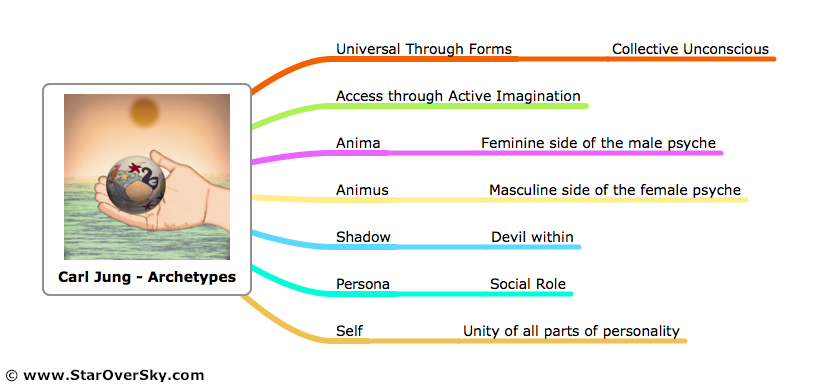Then, there was some effort at publishing findings. This effort is in an infant stage. The thrust of the first papers dealt with misinformation. However, that is a subject that will continue to need some attention.
Now, after all of that work, and stepping back, we can start to generalize. So, watch out. We will be applying expertise from various fields (interdisciplinary approach) to contribute to the coming 400th anniversaries in order to paint a picture that ought to make sense to Americans and, hopefully, help further the discussion toward more rational frameworks (in general).
We have mentioned this before, as Thomas and Margaret stand out. If we take Thomas as a focus, for now, let's see where this can go. Not that we are forgetting Margaret, but she will be even a larger subject for various reasons.
In short, we can propose Thomas as an example of an archetype (see the early backbone series, for one). Yes, of course, this statement alludes to the work of Jung (and, we'll discuss this). Too, we'll get more specific in all areas.
Part of the reason that we can do this is the Tabla Raza characteristic (see comment on history being silent), almost, which is due to the sparsity of data. Lack of information is not bad as it may sound; for one, it forces the issue of trying to interpolate (and extrapolate). We have a whole lot to talk there as my forte is modeling, measurement, metaphors of mathematics, and such.
That is, the experience was with real stuff that works against the constraints of nature (okay, engineering) which type of experience is willy-nilly being applied (misappropriated?) by business, the web (and its muddy cloudíness), and an errant STEM (run amok). So, we can use a broader scope to argue for more sanity.
All along, this was apparent; we are finally to where we can be more academic than anecdotal. It is our hope that Gardners and friends will help Gardner Research get Thomas and Margaret back into their proper places in American (and civilization's) history.
And, one of the main media sources is the web (which, at some point, will have a more tame flavor).
For now, using an image from another blogger.
Comment: Not everyone is Jungian in leaning. Nor, has anyone shown to everyone's satisfaction that metaphysical notions (however slightly alluded to) are necessary. Our intent is to offer properly supported conjectures (along several lines) in order to foster discussion and further work. This is a point-in-time effort worked under the same provisos as we see with science, in general. Having said that, though, does not mean that a few toes, now and again, won't feel our heel. Let's get our heads out of the STEM-sand (all sorts of things to discuss here).
Remarks: Modified: 01/22/2016
01/22/2016 --

